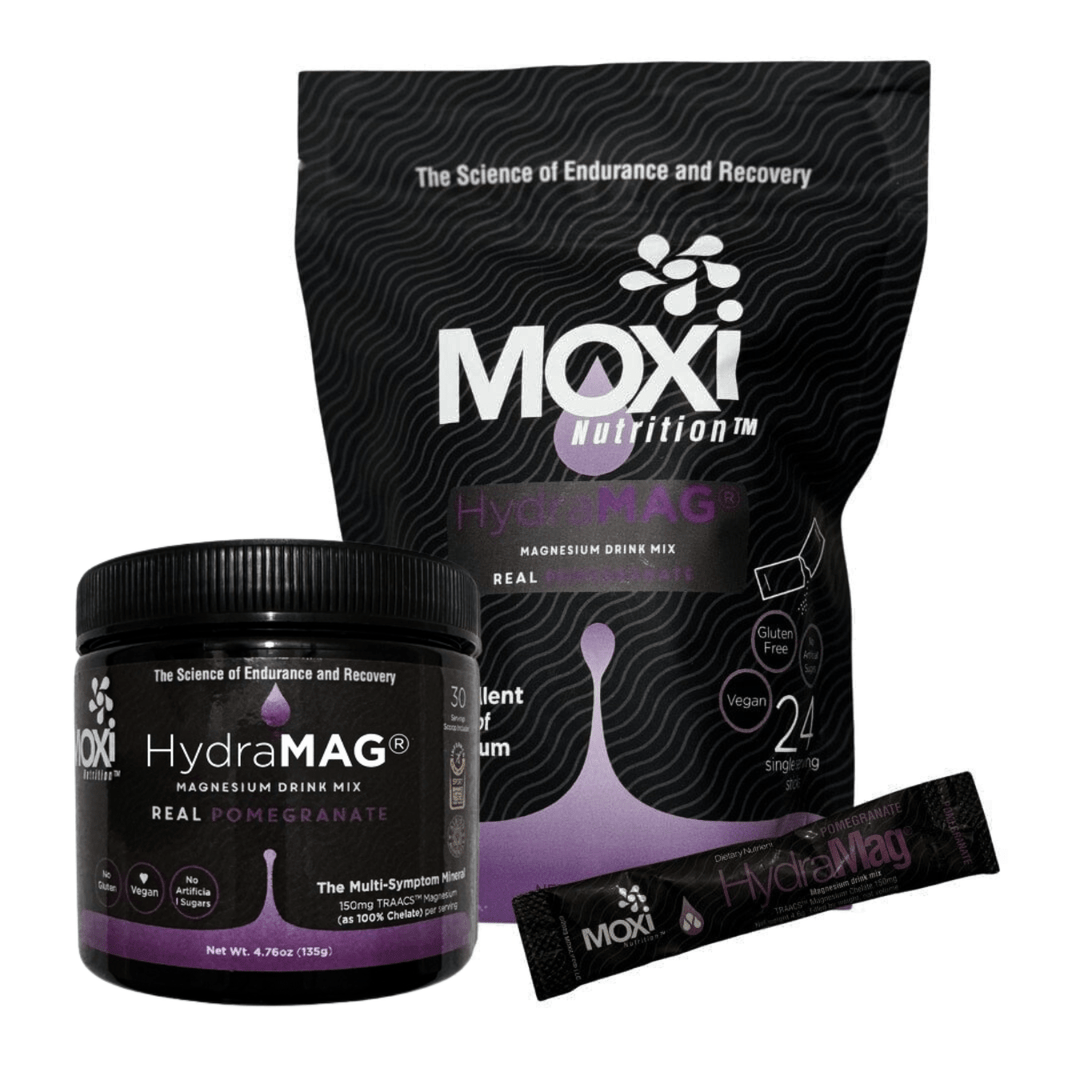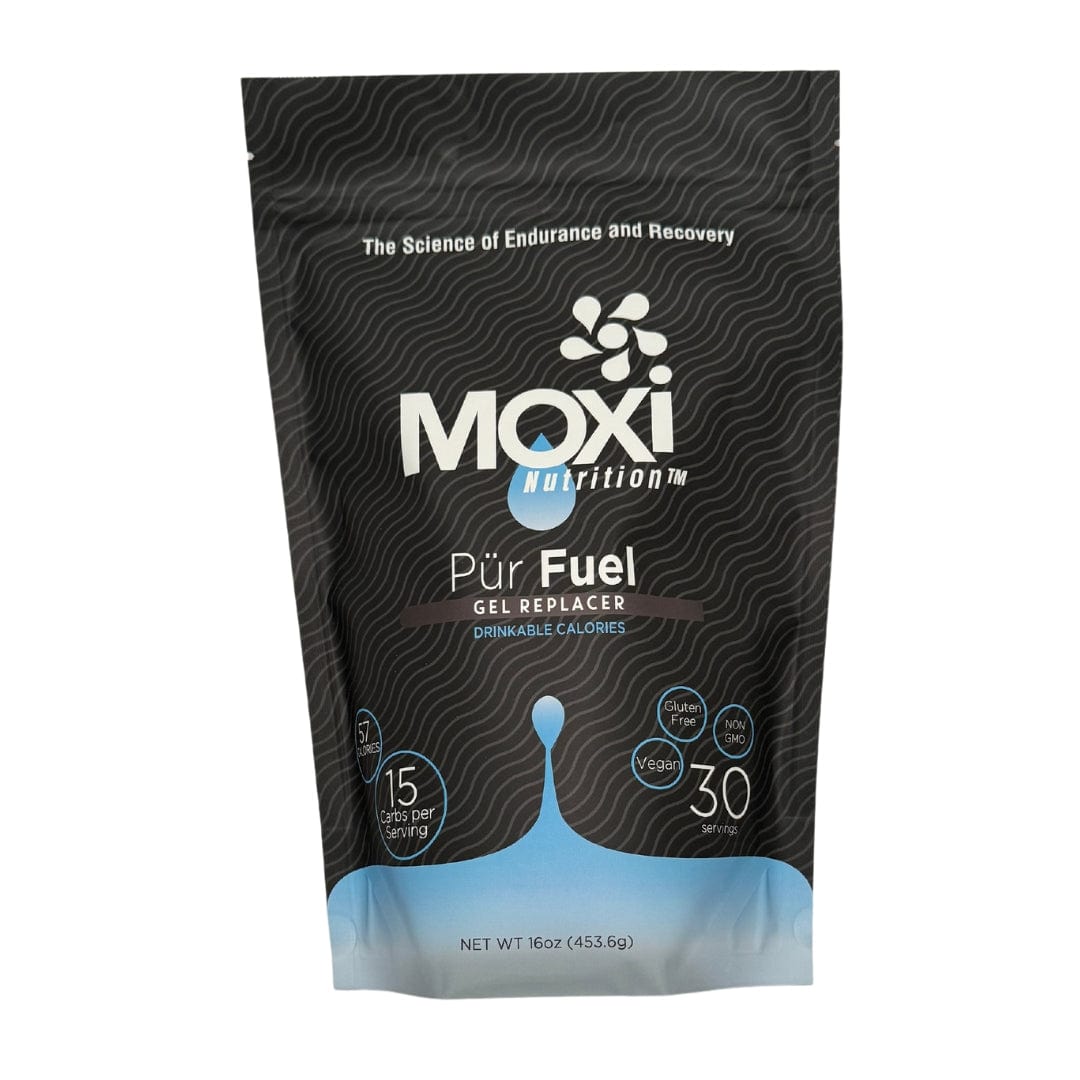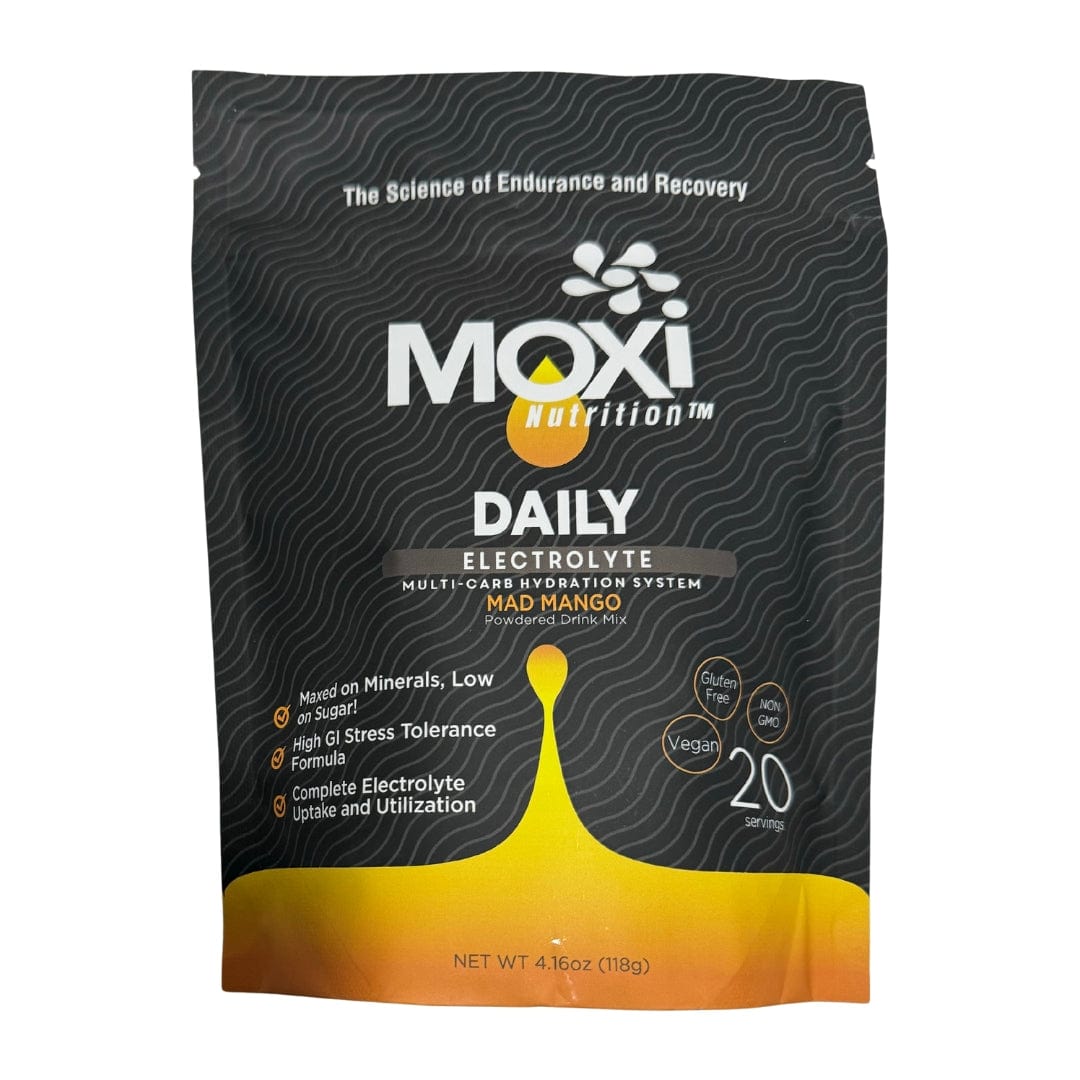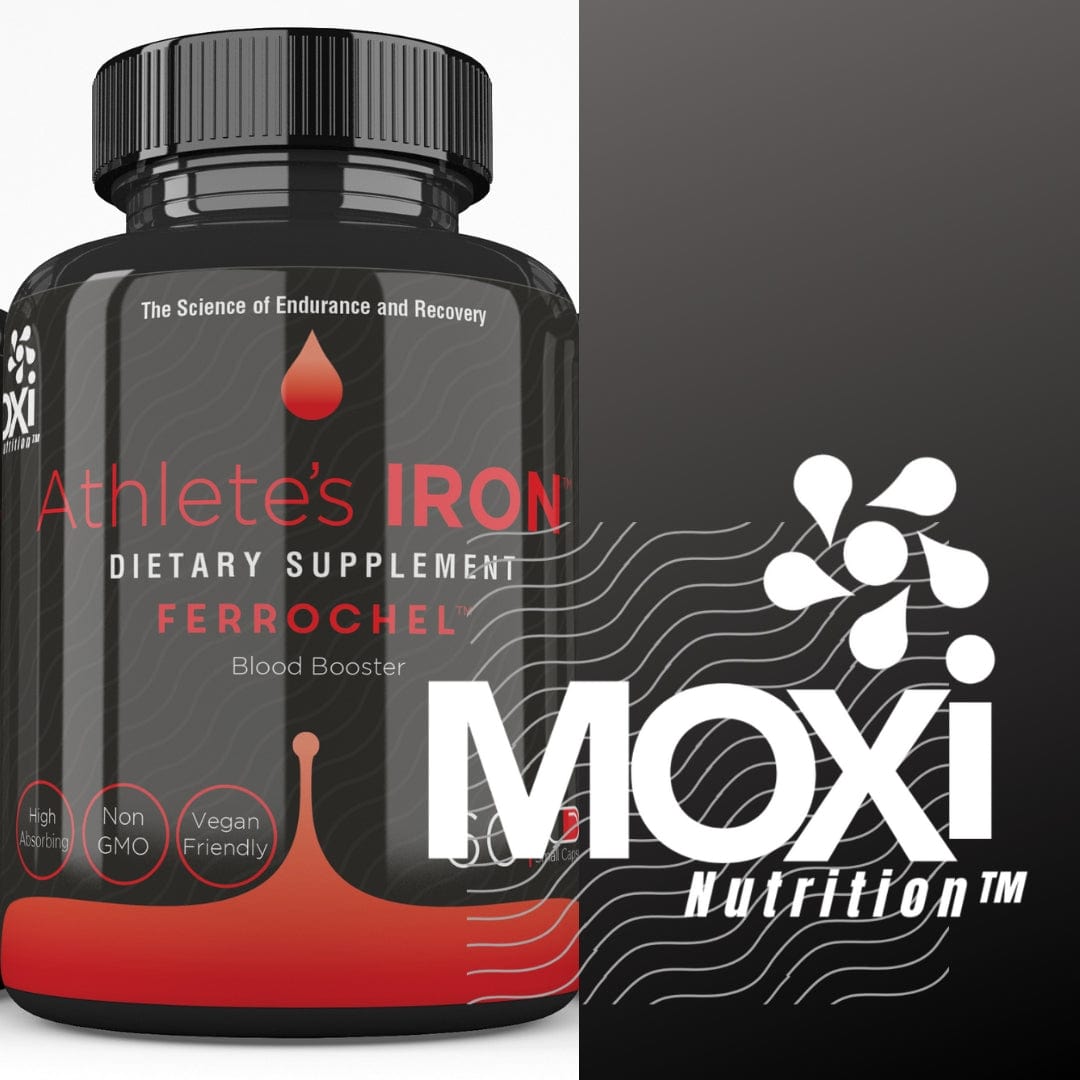Magnesium vs Other Supplements: Benefits for Athletes
Are you unsure whether magnesium or other supplements can boost your athletic performance? With athletes constantly seeking an edge, understanding the role of magnesium is crucial. This article will explore the key benefits of magnesium supplementation, compare it with other common supplements, and identify signs of magnesium deficiency that can hinder performance. By examining this information, you’ll gain insights on enhancing your training regimen and addressing potential nutrient gaps.
Understanding the Role of Magnesium in Athletic Performance
Magnesium plays a vital role in various body functions, influencing muscle function, energy production, and recovery. It aids in reducing muscle soreness, which can enhance overall athletic performance. This section will delve into how magnesium contributes to these aspects, laying the groundwork for comparison with other supplements like taurine. Studies will also be referenced to highlight the efficacy of magnesium, including its potential benefits for sleep and headaches.
Overview of Magnesium Functions in the Body
Magnesium serves numerous functions in the body, making it essential for athletes aiming for optimal performance. It is crucial for energy production as it helps transform food into energy, a process that is particularly important during strength training. This mineral also plays a role in regulating hormones that influence metabolism and muscle function, making it a key player for those engaged in intense physical activity.
Moreover, magnesium contributes to muscle relaxation and recovery, which can significantly affect post-exercise soreness and overall performance. Adequate levels of this nutrient support lung function, ensuring efficient oxygen delivery during workouts. It also aids in maintaining a healthy stomach by supporting digestive health, further empowering athletes to focus on their training and recovery without discomfort.
How Magnesium Affects Muscle Function
Magnesium significantly impacts muscle function by regulating muscle contraction and relaxation. Adequate magnesium levels in the serum help prevent cramping and discomfort during physical activity. This mineral supports metabolism by facilitating the production of energy, which is critical for athletes needing optimal performance and endurance in their training sessions.
Furthermore, magnesium therapy can assist in reducing muscle pain and soreness post-exercise, allowing for quicker recovery times. Athletes experiencing muscle fatigue may benefit from targeted magnesium supplementation, ensuring they maintain peak performance without frequent visits to the emergency department for injuries caused by overexertion. By understanding the role of magnesium, athletes can better support their muscle health and overall performance, addressing pain and enhancing recovery processes effectively.
Magnesium's Role in Energy Production
Magnesium is a key mineral involved in energy production, making it essential for athletes who seek to optimize their performance. This mineral helps activate adenosine triphosphate (ATP), the primary energy carrier in the body. Additionally, magnesium functions as a calcium channel blocker, which contributes to muscle relaxation. This property is particularly vital during intense exercise, where energy demands are high, and insufficient magnesium levels can lead to fatigue and potential injury.
The liver plays a significant role in processing nutrients, including magnesium, to support energy metabolism. Athletes with lower magnesium levels may experience diminished performance due to a lack of energy and increased recovery time. Ensuring adequate magnesium intake can improve overall energy availability and reduce the risk of muscle cramping, fostering better performance and minimizing the likelihood of injuries during training and competition.
Impact on Recovery and Muscle Soreness
Magnesium plays a critical role in the recovery process for athletes, helping to reduce muscle soreness after intense workouts. When athletes engage in strenuous physical activities, they often face delayed onset muscle soreness (DOMS), which can be alleviated by adequate magnesium levels. Foods like spinach, rich in magnesium, can enhance muscle recovery while providing additional nutrients that combat vitamin D deficiency, which is crucial for overall muscle health and function.
Moreover, magnesium can impact conditions such as metabolic syndrome, where muscle soreness and recovery time are significantly affected. By integrating magnesium into their diets, athletes may experience reduced muscle cramps and enhanced recovery potential. The synergistic effect of glycine, often found in collagen-rich foods, can further support muscle relaxation, ensuring athletes remain at peak performance while minimizing pain and discomfort throughout their training regime.
Key Benefits of Magnesium Supplementation for Athletes
Magnesium supplementation offers several key advantages for athletes, including enhancing endurance and stamina, improving strength and power output, minimizing the risk of injury during training, and supporting hydration and electrolyte balance. By addressing issues like indigestion and muscle spasms, magnesium helps athletes maintain optimal performance levels. It also plays a role in preventing hypermagnesemia, which can lead to complications like muscle fatigue and asthma. Each of these aspects contributes to athletes achieving their goals effectively.
Enhancing Endurance and Stamina
Magnesium supplementation can play a significant role in enhancing endurance and stamina for athletes. By improving energy production and muscle function, this dietary supplement helps athletes sustain prolonged activity without succumbing to exhaustion. Research from the National Institutes of Health indicates that adequate magnesium levels can optimize physical performance and reduce fatigue, allowing athletes to train longer and with greater intensity.
Furthermore, incorporating magnesium chloride into an athlete’s regimen can support pain management and muscle recovery. This mineral helps alleviate the pressure on muscles during exertion, reducing the risk of cramps and discomfort. Athletes who prioritize magnesium supplementation may find not only improved performance but also a more efficient pathway to recovery, enabling them to reach their training goals without frequent interruptions due to fatigue or soreness.
Improving Strength and Power Output
Magnesium supplementation can significantly influence strength and power output in athletes. Its role in muscle function involves optimizing calcium channels, which are essential for muscle contraction. Research indicates that integrating magnesium, particularly in the form of magnesium sulfate, can enhance performance metrics by supporting muscle efficiency during exertion, thereby allowing athletes to lift heavier weights and achieve greater explosive power.
In addition to muscle function, magnesium aids in the recovery process post-exercise, which can also contribute to improved strength over time. Athletes coping with issues such as dysmenorrhea may find magnesium supplementation beneficial, as it can help alleviate discomfort and maintain focus during training. Addressing deficiencies in magnesium can lead to enhanced overall physical performance, making it a crucial consideration alongside other supplements in the realm of athletic pharmacology.
Minimizing Risk of Injury During Training
Magnesium supplementation can significantly reduce the risk of injury during training by facilitating proper muscle contraction and relaxation. Adequate magnesium levels help prevent cramps and muscle spasms, which can occur during intense workouts, especially for athletes undergoing rigorous conditioning. Without sufficient magnesium, athletes may experience increased tension in muscles, leading to injuries that could sideline them for extended periods.
Moreover, magnesium's impact extends to overall health care by supporting recovery processes, particularly for individuals facing challenges related to menopause or other factors affecting performance. It aids in maintaining optimal muscle function, allowing athletes to train with greater intensity while minimizing the potential for overexertion. By ensuring proper magnesium levels, athletes can enhance their resilience against injuries, improving their performance capabilities effectively.
Supporting Hydration and Electrolyte Balance
Magnesium plays a critical role in supporting hydration and maintaining electrolyte balance in athletes. Adequate magnesium levels can improve the retention of water in the body, preventing dehydration during strenuous activities. Research indicates that magnesium’s involvement in the functioning of skeletal muscle helps athletes remain hydrated and perform better, particularly in endurance sports where fluid loss is a concern.
Additionally, magnesium may contribute to regulating blood pressure and managing conditions like essential hypertension, which can impact athletic performance. By supporting the body's ability to retain fluids and maintain a balanced electrolyte profile, magnesium enhances overall physical resilience. This mineral’s effectiveness can be complemented by other dietary sources, such as oats, which provide essential nutrients that further aid hydration and optimal performance.
Scientific Evidence on Magnesium Supplementation Effects
Clinical studies and trials have highlighted the significance of magnesium supplementation for athletes, particularly in areas like urine analysis to assess hydration and its role as a natural muscle relaxant. Case studies demonstrate how athletes benefiting from magnesium report improvements in bone health, reduced weakness, and management of premenstrual syndrome. The following sections will outline recommended dosages and optimal timing to maximize these benefits.
Review of Clinical Studies and Trials
Several clinical studies have reviewed the effectiveness of magnesium supplementation, often utilizing a robust database to analyze outcomes across various demographics. Research indicates that magnesium hydroxide can improve digestion and support muscle relaxation, which is particularly beneficial for athletes engaged in high-intensity training. For example, participants taking magnesium reported reduced muscle cramps and an enhanced ability to recover after exercise, demonstrating its potential advantages over other common supplements.
Additionally, studies have shown that athletes with pre-existing conditions, such as those with kidney failure, may experience significant benefits from targeted magnesium supplementation. By integrating magnesium-rich foods like peanut butter into their diets, athletes can address deficiencies that directly impact performance and recovery. This evidence highlights the importance of magnesium in optimizing athletic capabilities while underscoring the necessity for careful consideration of supplementation, especially among individuals with specific health concerns.
Case Studies of Athletes Utilizing Magnesium
Case studies involving athletes highlight the tangible benefits of magnesium supplementation, particularly in managing magnesium deficiency. For instance, a long-distance runner reported improved endurance and reduced muscle cramping after adjusting their magnesium dose to enhance nutrition. This adjustment not only supported their training but also helped maintain healthy blood pressure levels, reflecting magnesium's critical role in athletic performance.
Another athlete, dealing with kidney disease, integrated magnesium into their regimen to better manage symptoms and support overall muscle function. By closely monitoring magnesium intake, they found that addressing deficiencies contributed to enhanced recovery times and minimized discomfort during training. These cases emphasize the significance of magnesium in optimizing athletic capabilities while addressing specific health concerns, illustrating how supplementation can be tailored to an athlete's unique needs.
Recommended Dosage and Timing for Optimal Results
Research indicates that optimal magnesium dosages can vary based on individual needs, but a common recommendation for athletes is around 300-400 mg per day. Studies, including randomized controlled trials accessed through the Cochrane Library, emphasize the importance of regular oral administration to achieve desired effects on performance and recovery. Engaging with a physician can help athletes tailor their magnesium intake, ensuring that it complements other dietary elements such as aspartic acid for improved muscle function.
The timing of magnesium supplementation also plays a crucial role in its effectiveness. Consuming magnesium before or after workouts may enhance muscle relaxation and recovery. Practical insights suggest that integrating magnesium-rich foods or supplements into post-exercise nutrition can maximize benefits, particularly for those seeking improved endurance and reduced muscle soreness. This approach aligns with findings from various studies, reinforcing the need to strategically plan magnesium intake for optimal athletic performance.
Comparing Magnesium With Other Common Supplements
Magnesium’s benefits for athletes can be effectively compared with other common supplements, such as calcium and creatine. A cohort study suggests that magnesium aspartate enhances muscle function and recovery, while vitamin B6 may improve its effectiveness. Athletes can also explore the synergistic effects of magnesium with other nutrients to optimize their diet and manage weight, ensuring comprehensive support for performance.
Magnesium vs. Calcium: Benefits for Athletes
Magnesium and calcium are both essential micronutrients that play critical roles in athletic performance. Magnesium aids in energy production and muscle relaxation, ensuring that cells receive adequate oxygen during intense activities. Conversely, calcium is vital for muscle contraction and bone health, making it equally important for athletes, especially those engaged in high-impact sports.
Magnesium vs. Creatine: Performance Outcomes
When comparing magnesium and creatine for athletic performance, understanding their distinct roles is essential. Clinical trials have demonstrated that creatine enhances high-intensity output, making it beneficial for activities requiring quick bursts of energy. In contrast, magnesium supports overall muscle function and recovery, which can be crucial for athletes facing issues such as restless legs syndrome, especially during demanding training periods.
Magnesium's role in glucose metabolism can complement the effects of creatine, as both contribute to energy availability in athletes. While creatine can improve performance outcomes during short-duration, high-intensity efforts, magnesium aids in maintaining muscle relaxation and preventing cramps, thus safeguarding arterial health and overall athletic endurance. Athletes may find that integrating both supplements into their routine can provide a more comprehensive approach to enhancing performance and addressing specific physical challenges.
Synergistic Effects of Magnesium With Other Nutrients
Magnesium works effectively with other nutrients to enhance athletic performance and recovery. For instance, when combined with certain vitamins, such as vitamin B6, magnesium can improve energy metabolism, making it a valuable component in an athlete's diet. The Food and Drug Administration recognizes the importance of such nutrient synergism, as these combinations support overall health and performance, especially for athletes at risk of chronic kidney disease who may need to manage nutrient levels carefully.
Furthermore, magnesium can serve as an adjuvant therapy, complementing substances like saline to improve hydration and muscle function during intense training sessions. Athletes often report better outcomes in energy levels and recovery times when magnesium is integrated with other dietary elements. This is particularly true when focusing on delivering essential minerals through food sources, which can help prevent imbalances that lead to fatigue and reduced performance.
Signs of Magnesium Deficiency in Athletes
Identifying symptoms of low magnesium levels is vital for athletes, as deficiencies can lead to conditions such as inflammation and delayed onset muscle soreness. Health risks associated with insufficient magnesium can be severe, even contributing to complications like death. Monitoring magnesium levels within athletic populations ensures that athletes maintain optimal performance and overall health.
Identifying Symptoms of Low Magnesium Levels
Identifying symptoms of low magnesium levels is essential for athletes, as insufficient amounts of this nutrient can lead to serious issues including fatigue and mood disturbances. Symptoms may manifest as muscle cramps, unusual tiredness, or irritability, which can directly affect an athlete's performance. These signs often get overlooked but are critical signals that warrant attention, particularly for those participating in rigorous training regimens.
Additionally, magnesium deficiency can exacerbate conditions like acute asthma, compounding the challenges athletes face during intense physical activity. Low magnesium levels can affect the balance of phosphorus in the body, further impacting energy levels and recovery. Recognizing these symptoms early allows athletes to adjust their diets or consider supplementation to ensure they maintain optimal health and performance.
Health Risks Linked to Magnesium Deficiency
Magnesium deficiency in athletes can lead to several health risks, including hypocalcemia, which is a condition marked by low levels of calcium in the blood. This imbalance can result in increased muscle cramps and spasms, impairing an athlete's ability to perform effectively. Additionally, athletes may experience symptoms like vomiting, which can further disrupt their training and recovery efforts, highlighting the importance of adequate magnesium intake for maintaining overall health.
Another significant concern is the impact of magnesium deficiency on the small intestine's capacity to absorb vital nutrients, including those found in grains. Reduced absorption can lead to hypoglycemia, where glucose levels drop too low, causing fatigue and decreased endurance in athletes. Recognizing these risks is essential for athletes aiming to optimize their performance and health through a well-balanced diet that includes sufficient magnesium and other essential nutrients.
Monitoring Magnesium Levels in Athletic Populations
Monitoring magnesium levels is essential for athletes, as maintaining homeostasis is critical for optimal performance. Regular tests can help identify deficiencies that may arise from dietary choices, such as insufficient intake of whole grain foods, which are rich in magnesium. By evaluating individual biochemistry, athletes can better understand their magnesium needs and supplement accordingly, ultimately enhancing their training outcomes.
Additionally, factors such as the menstrual cycle can influence magnesium levels, highlighting the importance of tailored monitoring for female athletes. Tracking magnesium intake and levels allows for timely adjustments in diet or supplementation, preventing potential issues such as muscle cramps and fatigue. Awareness of magnesium's role helps athletes proactively manage their health, empowering them to perform at their best without the setbacks associated with deficiency.
Practical Tips for Incorporating Magnesium Into Your Diet
Incorporating magnesium into an athlete's diet involves identifying sources of magnesium-rich foods, such as leafy greens and nuts, while also considering quality magnesium supplements to support performance and recovery. Additionally, combining magnesium with training and nutrition plans can amplify benefits, particularly for managing conditions like hypertension. Consulting healthcare professionals for personalized recommendations can further enhance outcomes, ensuring optimal intake alongside nutrients like zinc and magnesium hydroxide.
Sources of Magnesium-Rich Foods
To effectively increase magnesium intake, athletes should focus on incorporating magnesium-rich foods into their daily diets. Leafy greens such as spinach and kale, along with nuts like almonds and cashews, provide significant amounts of magnesium oxide. These foods not only supply magnesium but also contain essential nutrients that can support overall tissue health and enhance brain function, which is critical for athletes needing sharp mental focus during competition.
Additionally, legumes, whole grains, and seeds serve as excellent sources of magnesium. Including foods such as black beans or quinoa can help stabilize blood sugar levels, which may improve energy availability during intense training sessions. This approach not only boosts magnesium levels but also nourishes the body with crucial macro and micronutrients that can enhance performance and recovery for athletes striving to achieve their best.
Choosing Quality Magnesium Supplements
When selecting quality magnesium supplements, athletes should look for products that are easily absorbed by the body. Magnesium citrate or magnesium glycinate are often recommended due to their better bioavailability compared to other forms. Additionally, athletes should consider potential interactions with other medications, such as levofloxacin, which may affect magnesium absorption, or laxatives that could disrupt electrolyte balance. Careful consideration of these factors can help improve overall performance and recovery.
Furthermore, athletes dealing with stress or conditions like insulin resistance may benefit from magnesium's calming effects on the nervous system. Incorporating peanuts, which are good sources of magnesium, along with supplements can enhance nutrient intake. This balanced approach assists athletes in managing fatigue and recovering efficiently, ensuring they maintain peak performance during training and competition.
Combining Magnesium With Training and Nutrition Plans
Combining magnesium with a well-structured training and nutrition plan can significantly enhance athletic performance. Athletes often find that including a magnesium-rich capsule alongside a balanced diet improves their muscle function and recovery times. This approach not only optimizes nutrient absorption but also mitigates the risk of conditions like hypokalemia, which is characterized by low potassium levels and can hinder athletic abilities.
For effective incorporation, athletes should consider the frequency of magnesium intake, ensuring it aligns with their training schedule. Adjusting magnesium dosages based on exercise intensity may help maintain electrolyte balance, especially when physical exertion leads to potassium loss. By strategically blending magnesium with other nutrients and supplements, individuals can create a supportive environment for their overall performance, addressing fatigue and boosting energy levels during rigorous training sessions.
Consulting Healthcare Professionals for Personalized Recommendations
Consulting healthcare professionals for personalized recommendations is essential for athletes looking to optimize their magnesium intake. These experts can provide insights tailored to individual health conditions, such as addressing issues like heartburn or angina that may influence magnesium absorption and overall heart rate. By assessing the athlete's specific needs, healthcare providers can suggest effective options, such as magnesium citrate, which is known for its improved bioavailability and effectiveness in promoting muscle recovery and reducing soreness.
Conclusion
Magnesium plays a vital role in enhancing athletic performance, particularly when compared to other supplements like calcium and creatine. Its contributions to energy production, muscle function, and recovery position it as an essential nutrient for athletes seeking to optimize their capabilities. By integrating magnesium into their diets, athletes can support improved endurance, strength, and overall health. Understanding this mineral's importance ensures that athletes address deficiencies and maximize their training outcomes effectively.







